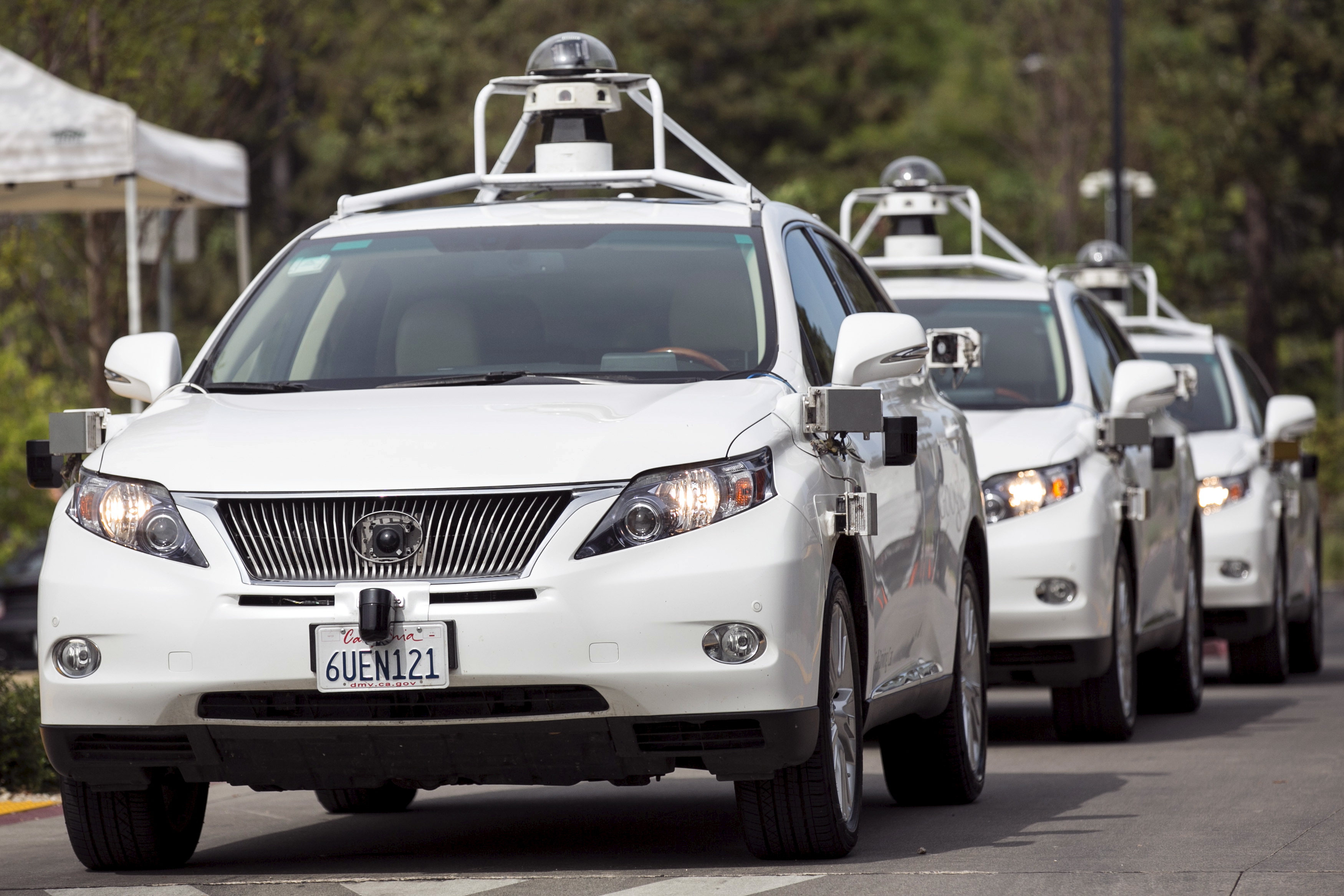
In a world of autonomous vehicles, much of the nation’s policing that is devoted to enforcing traffic safety laws, and the sometimes fatal altercations that result, would not exist. Policymakers should be motivated by this benefit, among many others, to expedite adoption of these vehicles.
The United States has more than 800,000 state and local law enforcement officers. A large fraction of their work during a given year is spent pulling over some 20 million motorists who appear to be breaking a traffic law, controlling the flow of traffic following many of the 6 million accidents, and filling out endless forms. In addition, more than one officer per week is killed in a highway accident, accounting for nearly one-third of all police officer deaths in the line of duty.
Autonomous vehicles could virtually eliminate the need to use police resources to enforce traffic safety laws and more officers could concentrate on reducing the most serious criminal activity. The reason is that autonomous vehicles obey the speed limit, do not drive erratically, reach a valid final destination, and prevent their occupants from jeopardizing highway safety even if they are under the influence of alcohol or drugs.
Importantly, autonomous vehicles give the police little cause to stop or approach a vehicle and to confront the driver. Nationwide, Black drivers are almost twice as likely to be pulled over as white drivers. Recent confrontations involving Black male drivers have resulted in fatal police shootings that could have been avoided in a world of autonomous vehicles. Examples include Maurice Gordon, who was fatally shot by a police officer after being stopped for driving over 100 miles per hour on the Garden State Parkway, and Rayshard Brooks, who was fatally shot by a police officer after being approached in his car that was parked in a Wendy’s drive-through instead of in a parking space.
Those benefits alone should arouse the public’s interest, but there are many other ways that autonomous vehicles could ameliorate the nation’s social problems. Covid-19 presents critical public health and economic problems that could be mitigated through use of autonomous vehicles. Autonomous vehicles would answer the call from the Centers for Disease Control and Prevention for people to drive alone. In contrast to carpooling, transit, and ridesharing, cars provide solo occupants with protection from the coronavirus. The millions of households who do not own cars and the lower-paid essential workers who cannot afford to drive alone would particularly benefit from being able to use a clean vehicle at low cost. By reducing disruptions to the workforce and the supply chain, autonomous vehicles would help to maintain economic activity.
In the midst of a severe economic downturn, the nation needs a spur to economic growth. Autonomous vehicles could provide it by significantly reducing congestion that adversely affects job matching and employment, trade flows, and productivity. In our recent book, Quentin Karpilow and I estimate that the economic gains from more people working, consuming, and trading because of greater mobility would be at least 1 percentage point of GDP. The virtual elimination of driver-caused accident fatalities, injuries, and vehicle damage would add even more to the nation’s welfare.
All of this may sound too good to be true, but autonomous vehicle technologies have advanced at such a rapid rate that there is little doubt that the autonomous vehicle industry will be able to solve its remaining technological challenges.
It is federal policymakers who have dragged their feet in passing important legislation to jumpstart the testing that is essential to the formal autonomous vehicle adoption process; in guiding state and local officials to plan investments to upgrade infrastructure technology so autonomous vehicles can use roads safely; and in reforming inefficient highway pricing and investment policies that have compromised travel in non-autonomous vehicles for decades.
Given the extraordinary range of potential social benefits, including better use of police resources, far fewer traffic-related confrontations and accidents, and a more efficient economy, policymakers should be doing everything they can to expedite adoption of a life-changing innovation that the nation desperately needs during these troubled times.
"much" - Google News
August 25, 2020 at 06:13PM
https://ift.tt/2CWc8j4
Autonomous vehicles could improve policing, public safety, and much more - Brookings Institution
"much" - Google News
https://ift.tt/37eLLij
Shoes Man Tutorial
Pos News Update
Meme Update
Korean Entertainment News
Japan News Update
Bagikan Berita Ini














0 Response to "Autonomous vehicles could improve policing, public safety, and much more - Brookings Institution"
Post a Comment